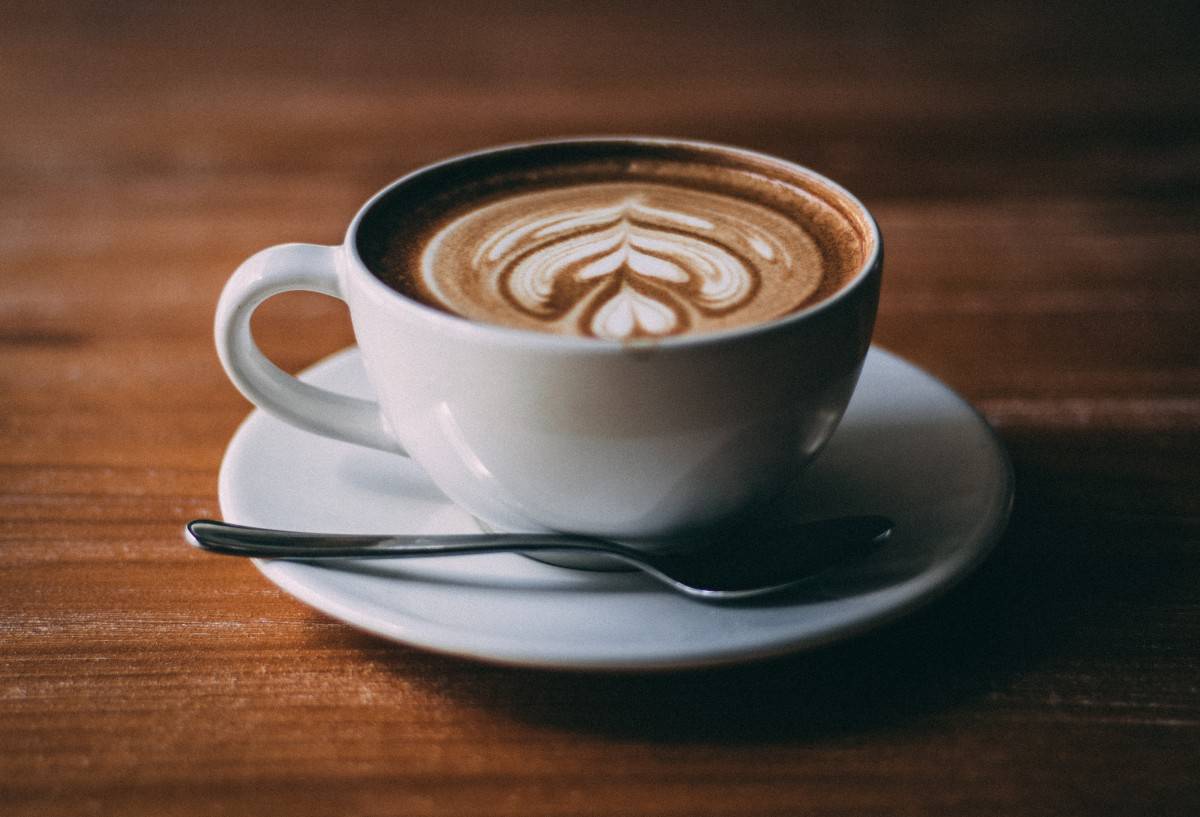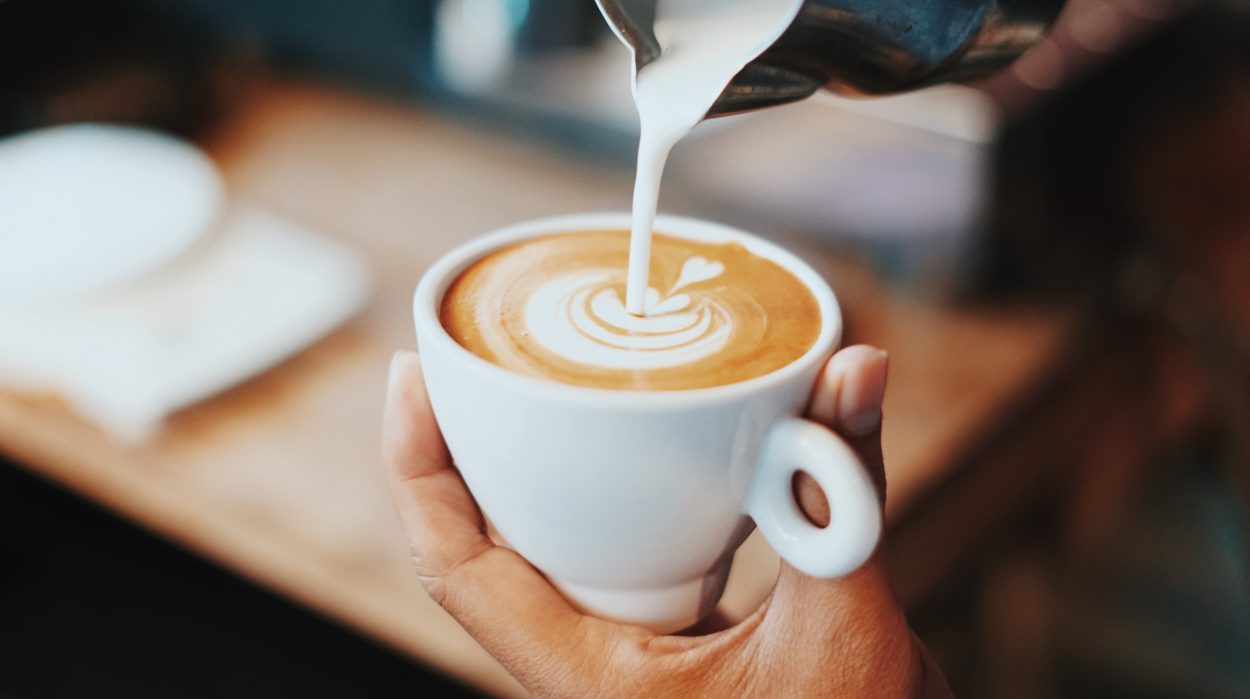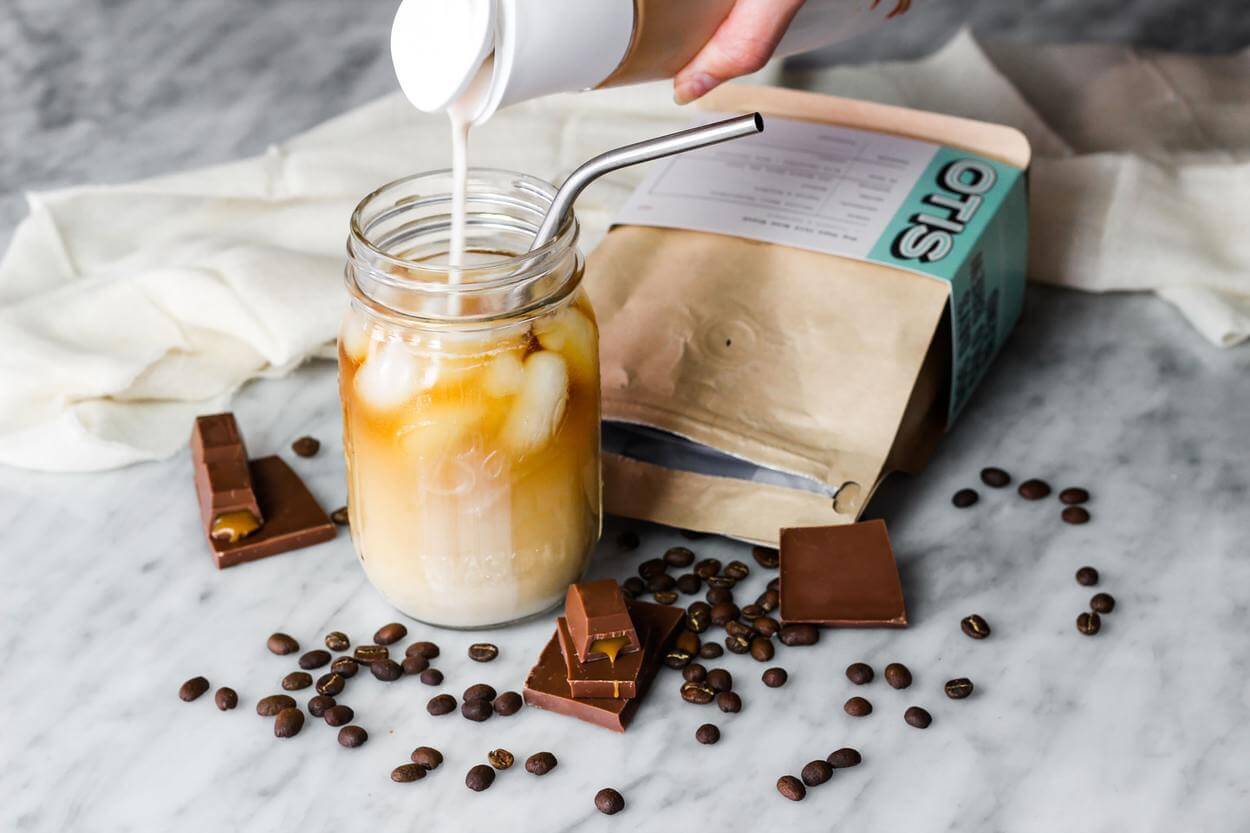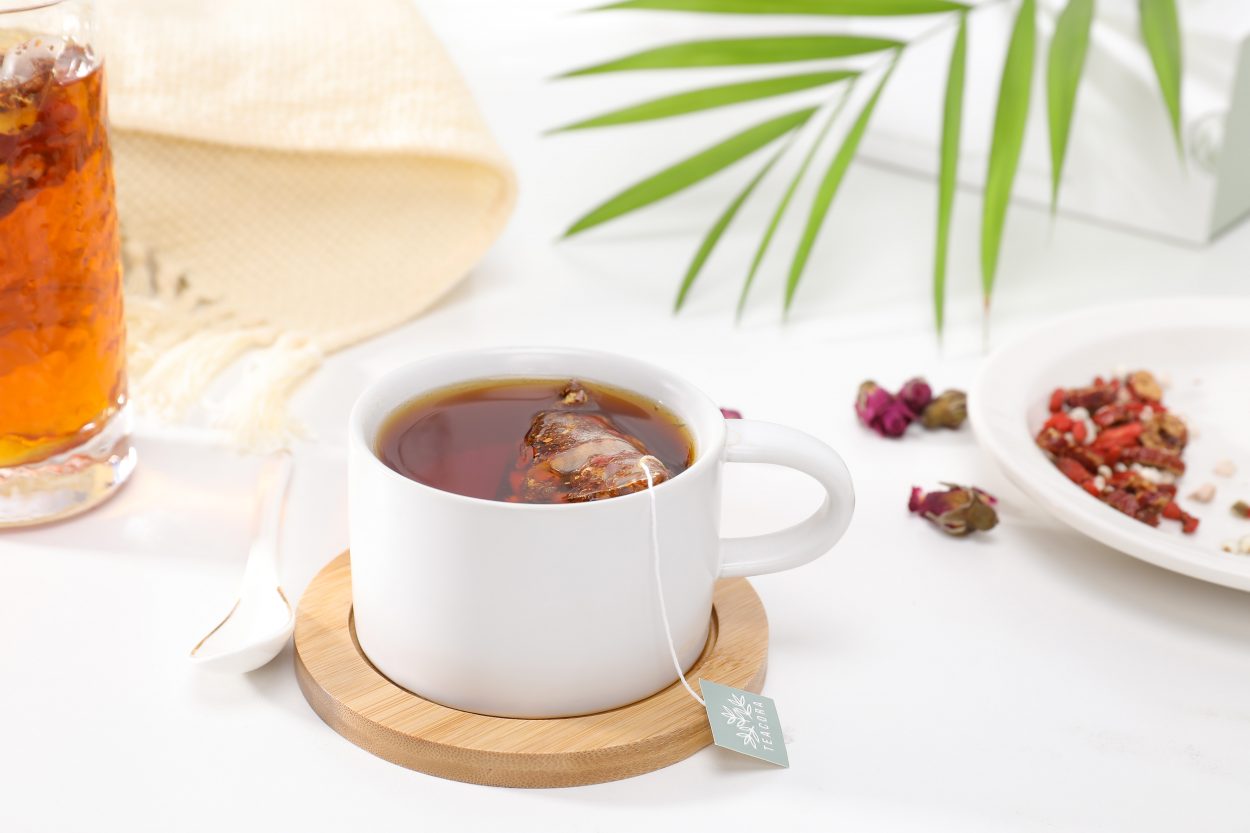Gout is a very common type of inflammatory arthritis. It’s more prevalent among the elder population and affects the joints of their body.
The main underlying cause behind the condition is the build-up of too much uric acid. Individuals with gout need to maintain a well-regulated healthy diet to balance the uric acid level. This is because a chemical called purine present in food or beverages is mainly responsible for gout.
Have you ever wondered whether the most loved coffee fits the diet suitable for gout?
Short answer: Coffee doesn’t give you gout. In fact, it helps in lowering the uric acid level and prevents the risk of a gout flare-up.
The following sections will help you in getting a detailed idea regarding the topic.
So keep reading!
Does Coffee Affect Uric Acid Level In Your Body?

The caffeine present in coffee is a methylxanthine that can potentially block the activity of xanthine. This is how coffee may help in keeping the level of uric acid low.
Let’s get into the detailed explanation.
Xanthine oxidase inhibitors and uricosurics work as a medication for gout. Caffeine is a xanthine oxidase inhibitor and works against the xanthine oxidase. This enzyme is responsible for metabolizing purine. In return, purine is the source of uric acid.
Thus, by inhibiting the production of xanthine oxidase, caffeine helps in balancing out the uric acid level.
The prevention of uric acid thus helps in keeping the risk of gout in control.
Moreover, coffee increases the excretion of uric acid from the body.
The chlorogenic acid and other antioxidants present in the coffee takes part in reducing the insulin blood level. When insulin is low in your body, the uric acid also tends to be lower as well.
Is Coffee Beneficial For Gout?
Coffee is beneficial to gout as it can help in lowering uric acid levels, the drink can help in excreting unwanted uric acids from the body.
Apart from caffeine, coffee also has the compound polyphenols, which also contributes to this factor.
First of all, let me tell you how caffeine helps with the condition. As you have already known, caffeine works similarly to xanthine oxidase inhibitors. The enzyme xanthine oxidase metabolizes purines, which is a source of uric acid.
When you drink coffee, the caffeine prevents the build-up of uric acid and as a result, reduces the pain or swelling from gout.
According to a study, drinking one to three cups of coffee in a day is associated with a lowered gout risk of 8%. By increasing the consumption to four to five cups a day, the risk of gout drops to about 40%.
Increasing caffeine consumption more can further drop the risk of gout. However, overdoses of caffeine aren’t always beneficial. It has several counter side effects that will trigger certain health concerns. You can read about those side effects here to know more.
Gout attacks occur to occasional coffee drinkers often compared to habitual drinkers.
Secondly, the polyphenols present in the coffee helps in reducing the level of insulin. As insulin and uric acid is closely related, the reduction in insulin levels helps in improving the elimination of uric acid and sodium.
Thus, polyphenols such as chlorogenic acid and some antioxidants help in removing uric acid by improving insulin sensitivity in the blood.
Does Coffee Cause Gout?

Coffee on its own doesn’t cause gout. The main reason for gout is the build-up of uric acids that cause inflammation in the joints.
The study on the Coffee Consumption May Lower Blood Uric Acid Levels – The Precursor of Gout showed that coffee consumption is associated with lower uric acid levels. However, caffeine isn’t the sole contributor to this benefit. All the components in the coffee produce this unique blend of fighting gout.
Although the majority of study has revealed the beneficial properties of coffee for gout, there are still certain risk factors that need to be considered.
For example, age, obesity, family condition, certain health condition, alcohol consumption, etc all contribute to the risk of gout. Even if coffee can prevent the risk, it’s a stimulant and you can’t depend on the drink on the regular basis.
Too much coffee will make you feel anxious or hit you with a severe headache. These side effects of caffeine overdose may risk your symptoms of gout.
Some common symptoms of gout include:
- Inflammation and redness in the affected area
- Intense pain or swelling in the joint
- Discomfort in the affected joint
Can I Drink Coffee When I Have Gout?
You can drink coffee even if you have gout. The problem is generally prominent among people having high uric acid levels. So, coffee might help in preventing the onset of pain or swelling due to its antioxidants properties.
Purine is naturally found in your body and even present in certain foods. The breakdown of this chemical is what releases the uric acids. If you’re consuming a diet rich in purine, your body will get it hard to eliminate the uric acids efficiently.
Also, caffeine helps in flushing out the excess fluids from your body. In this way, your body gets rid of the uric acid from your blood through urination. Not to forget, caffeine is a natural diuretic that will increase the urgency to urinate or excrete after consumption.
Usually, if you got gout, you need to cut back on the high purine foods such as bacon, seafood, turkey, alcoholic beverages, etc. The DASH diet is generally followed by gout patients. Coffee can be drunk and included in the diet.
However, for significant health benefits, a large dose of caffeine is required. Talk to your health care provider before making dietary changes and intake only a healthy amount.
Does Decaf Coffee Protect You Against Gout?

Both kinds of coffee caffeinated or decaffeinated, have a positive impact on the resistance of gout or protecting from the unwanted sensation of pain from gout.
A study from 2007 shows that decaffeinated coffee did have a positive effect in lowering gout risk. However, the effects weren’t prominent enough compared to the effects shown by high-test brew.
Though it’s still not clear with solid evidence, to what extent coffee can surely help with the gout risk, the presence of chlorogenic acids and other antioxidants along with caffeine do affect it.
It might be the unique blend of the components that helps in protecting against the condition. In the case of decaffeinated coffee, the caffeine amount might be low but there are still the polyphenols and other antioxidants present.
Is Coffee Creamer Bad For Gout?
Coffee creamers aren’t bad for gout. However, there isn’t any evidence to prove whether it does any good or not.
People like to add creamers or sugar to their drinks for a better taste. So it’s a very common practice in many diets.
Creamers generally contain water, sugar, micellar casein, flavorings, cellulose gel, and other carbohydrates. Among these, micellar casein is a milk derivative and you may know that milk supports the elimination of uric acid.
However, creamer isn’t a pure source of milk so the potential benefits might not be profound as for milk. You can add creamer whatsoever in your coffee which may enhance the flavoring.
Also, creamers are generally full of trans fat and sugar so try to control the serving size. Remember, coffee works the best when drank in a simple form with the least additives.
Loads of sugar or similar contents are likely to act as a trigger for gout pain. If possible try to have a sugar-free creamer.
What Kind Of Coffee Is Good For Gout?
The simplest cup of brewed coffee will serve the best for gout.
The dark roast coffee is the one that’s the best due to its rich antioxidants properties. It also has a low acidic level that makes the beans better. The properties of such beans help in fighting free radicals that cause cellular damage.
Some high-altitude beans of high quality can also serve in this regard.
If you don’t like the flavor of coffee, try to add some low-fat milk to it. Milk is a good drink to drink while having gout since it can help in lowering uric acid levels.
However, don’t add sugar or sugary content to your coffee. Sugar often works as a trigger for gout symptoms.
As sugar triggers gout symptoms, below are the beverages that can increase the risk of gout:
| Drink | Explanation |
| Beer | Beer contains high levels of purines and purines can increase the risk of gout. |
| Alcohol | Alcohol can increase uric acid in the blood – an increased uric acid, a bigger chance to have gout. |
| Soft Drinks & Fruit Juices | Any type of beverage associated with a high percentage of sugar can increase the risk of gout. |
| Energy Drinks | Energy drinks are high in sugar and can increase the chances of gout attacks. |
Is Coffee Bad For Gout Flare Up?
Coffee is good for a gout flare-up.
During gout flares, the excruciating pain is quite hard to tolerate. The common symptoms of the situation generally include intense joint pain that comes abruptly and makes you restless.
If you don’t have gout, then coffee may help in preventing the risk for the future. However, if you already have gout, the consumption can help you in reducing the effects of a flare-up.
To be honest, coffee completely can’t aid your gout and the overall condition will depend on your diet and lifestyle. If you make coffee a part of your regular meals, it can act as a healthy complement to your diet.
Apart from being a xanthine oxidase inhibitor, caffeine has multiple benefits that can boost your health and endurance.
Is Tea Good For Gout?

Studies and reviews couldn’t find any association between tea consumption and low gout risk.
This systematic analysis on the relation between tea with serum uric level or gout revealed that the consumption of tea is unlikely to have any association with a lower risk of gout in both females and males.
This study on Black tea reduces uric acid and C-reactive protein levels in humans susceptible to cardiovascular diseases show that black tea consumption induced a significant decrease in uric acid.
However, another journal named the Journal of Agricultural and Food Chemistry found that the alkaloid purine is present in black tea and you know purines break down into uric acids.
Moderate intake rarely harms one but it’s best to go for the best suitable choice to prevent a displeasing situation.
Try to have green tea if necessary since it’s one of the best sources of antioxidants.
In Conclusion
Simply put, coffee can potentially lower the risk of gout. It can help in lowering the uric acid level and aids in flushing the content through urination.
However, coffee is a caffeinated drink that has certain limits of consumption. You can’t overdose yourself on caffeine since the stimulant has several adverse side effects.
To prevent the onset of gout in general, you need to check out for the primary risk factors such as obesity, family history, overdose on alcohol, high purine diets, hypertension, and certain health conditions.
Coffee will also help in reducing the effects of a gout flare-up by lowering the uric acid production in your body. If you aren’t a habitual drinker, try to add a little bit of low-fat milk to balance the taste and make it more appetizing.
Decaffeinated coffee doesn’t have the same effect on gout as regular coffee. But if you’re trying to avoid caffeine, the drink can help you as well.
Most importantly, have a clear idea about your diet plans from your doctor and manage your consumption of coffee according to it.
Other Articles
- When Does Coffee Withdrawal Start? (Facts to Know)
- What Does Coffee Do to Your Brain? (Facts Explained)
- What Does Coffee Do to Your Body? (Read and Find Out)
Contents
- 1 Does Coffee Affect Uric Acid Level In Your Body?
- 2 Is Coffee Beneficial For Gout?
- 3 Does Coffee Cause Gout?
- 4 Can I Drink Coffee When I Have Gout?
- 5 Does Decaf Coffee Protect You Against Gout?
- 6 Is Coffee Creamer Bad For Gout?
- 7 What Kind Of Coffee Is Good For Gout?
- 8 Is Coffee Bad For Gout Flare Up?
- 9 Is Tea Good For Gout?
- 10 In Conclusion
- 11 Other Articles


